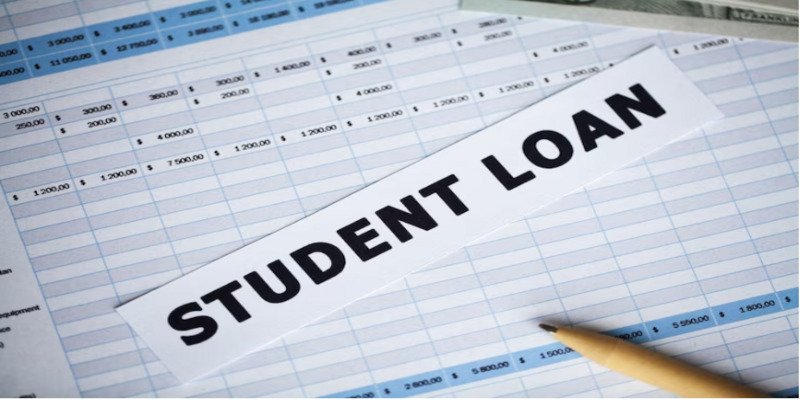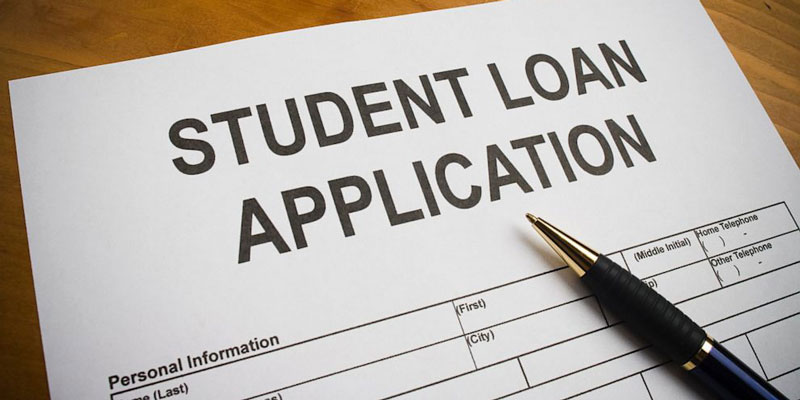Your Ultimate Guide to Getting Student Loans for Trade School
Oct 11, 2023 By Triston Martin
Are you considering trade school to kickstart your dream career? That's a smart move! Trade schools offer specialized training and hands-on experience that can lead to rewarding careers in welding, plumbing, cosmetology, and many more. However, like traditional colleges, trade schools often have a price tag.
Don't worry, though. We're here to help you navigate the world of student loans for trade school, and we promise to keep the jargon to a minimum.
Understanding Student Loans for Trade School
Student loans are a financial lifeline for many students pursuing higher education. They are essentially borrowed money you'll need to pay back with interest after you graduate or complete your training. While trade schools are generally more affordable than four-year universities, the costs can still increase. That's where student loans for trade school come into play.
Types of Student Loans
There are two primary types of student loans: federal loans and private loans.
Federal Loans
The following are different federal-provided student loans:
- Direct Subsidized Loans: These loans are based on financial need, and the government pays the interest while you're in school.
- Direct Unsubsidized Loans: These loans are not need-based, and interest accrues while you're in school.
- PLUS Loans: These are for parents or graduate students and require a credit check.
Private Loans
Private loans, available through banks, credit unions, and private lenders, typically come with higher interest rates and less flexible repayment options than federal loans. These loans are a borrowing option for students and their families but should be considered after exhausting federal loan opportunities due to their less favorable terms.
How to Secure Student Loans?
Now, let's delve into the steps to secure student loans for trade school.
Step 1: Fill Out the FAFSA
The Free Application for Federal Student Aid (FAFSA) is your gateway to federal financial aid, including grants and loans. It's crucial to complete the FAFSA to determine your eligibility for federal aid. Here's a tip: do it as soon as possible to maximize your financial aid options.
Step 2: Understand Your Financial Aid Package
Once you've submitted your FAFSA, you'll receive a financial aid package from your trade school. This package outlines the types and amounts of financial aid you can receive. Pay close attention to the details and prioritize accepting grants and subsidized loans over unsubsidized loans.
Step 3: Explore Scholarships and Grants
While loans are valuable, you should explore scholarships and grants. Unlike loans, scholarships and grants don't require repayment. Many organizations offer financial assistance to trade school students based on merit, need, or specific fields of study. Do some research and apply for as many scholarships and grants as you qualify for.
Step 4: Maximize Federal Student Loans

If you need to take out loans, start with federal options. Federal student loans generally offer more favorable terms than private loans. Remember, subsidized loans are the best choice if you qualify, as they don't accrue interest while you're in school. If federal loans don't cover all your expenses, you can consider private loans as a last resort.
Step 5: Compare Private Loan Options
If you're considering private loans, be sure to shop around. Different lenders offer varying interest rates, repayment terms, and benefits. Look for a lender with competitive rates and flexible repayment options. However, remember that private loans may not offer the same borrower protections as federal loans.
Step 6: Read the Fine Print
It's crucial to exercise due diligence by thoroughly reviewing the fine print of any loan agreement before putting pen to paper. Take the time to comprehensively understand the loan's intricacies, including the applicable interest rates, repayment terms, and any associated fees. Equally important is gaining a clear grasp of your obligations and responsibilities as a borrower. This meticulous examination can save you from unexpected financial pitfalls down the road.
Step 7: Borrow Responsibly
It's tempting to borrow the maximum amount offered, but remember that you'll have to pay it all back eventually. Only borrow what you need to cover your education expenses. A good rule of thumb is to keep your total student loan debt below your expected annual salary after graduation.
Step 8: Manage Your Finances Wisely
While in trade school, make a budget and stick to it. Be mindful of your spending and try to minimize unnecessary expenses. This will help you graduate with less debt and better financial stability.
Step 9: Stay Informed about Repayment Options
Once you've completed your trade school program, you must start repaying your loans. Federal loans offer various repayment plans, including income-driven options that adjust your monthly payments based on your income and family size. Private loans may have different repayment options, so contact your lender to discuss the best plan for you.
Step 10: Stay in Touch with Your Lender

Communication with your loan servicer is crucial. Don't ignore the issue if you encounter financial hardship or have trouble making payments. Contact your lender immediately to explore options like deferment, forbearance, or loan consolidation.
Conclusion
Trade school can be an excellent path to a fulfilling dream career, and student loans can make it all possible. By following these steps and being responsible with your finances, you can secure the funding you need to invest in your education and future. Remember, while loans can be a helpful resource, it's essential to borrow wisely and plan for successful repayment.

Exploring Automated Clearing House: Operations and Mechanics

The Complete Guide to Several Ways to Exchange Your Coins for Cash

10 Cheap and Fun Activities To Do During the Holidays

ACH vs. Wire Transfers: What's the Difference?

The Possibility of Acquiring a No-Doc Mortgage Today

Decoding the Accountant's World: A Guide to Their Skills, Responsibilities, and Influence

What Kind of Loans Do Great Lakes Student Loans Offer?

Fred Loya Auto Insurance

Prequalified vs. Preapproved: Learn the Difference

